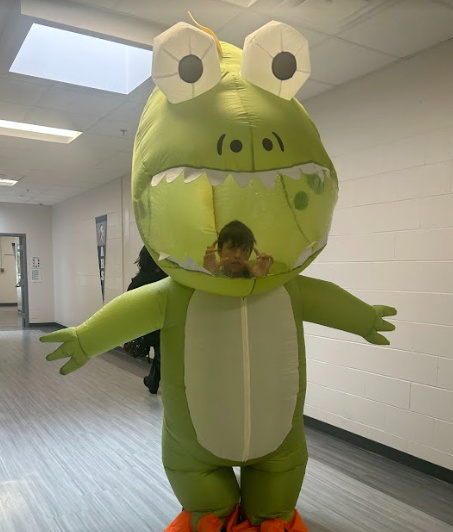How to Study for Your Upcoming Test
December 19, 2018
Studying is a part of high school students’ lives whether they study all the time or the day of the test. Studying will not go away. For those who plan to go to college, the majority of time will be spent preparing for an upcoming exam. “It [studying] is also a technique that requires patience, practice, and trial and error” (www.thebestcolleges.org). All students have various ways of retaining information; the most common methods are putting the phone up, watching videos, using outside sources, reading parts of the textbook, and taking a practice test.
The first step is to get rid of the electronics. While studying it is best for one to put the phone and other devices away and focus on school work. Though some teachers assign work on technology, it is best for the student’s concentration if they stay on the assignment and stay off social media while doing work. Junior, Carsen Ragland said, “Play piano music but put the phone across the room. Focus on one topic at a time and study.”
Research suggests that traditional printed materials are more preferred when studying among 90% of students that were polled (www.thebestcolleges.org). 3 out of 4 AHS students prefer to have paper copies of the topic they are studying rather than to study electronically. Sometimes it is easier to understand a topic that one might be having trouble with if they watch a video, on Khan Academy or Youtube, over it or use other study tools on the internet.
The second step, start studying as soon as possible, do not procrastinate. Senior, Jarrett Proctor said, “Time management is key to studying, the more problems you do the better you will understand it.” It is best for more students to take initiative in their school work; the harder one is to work the better their grades will turn out to be. Ragland’s advice to her classmates, “You need to study and get it done anyways, so you might as well do it now.” While it is ironic, it has been proven that you retain more while tired, “Studying at your most tired can help your brain retain higher concentrations of new skills” (www.thebestcolleges.org). One should not wait until midnight to begin studying; getting plenty of rest is needed for the brain to function properly. “Most healthy adults need between 7 to 9 hours of sleep per night to function at their best” (www.helpguide.org).
The third step, understand all that is read, most students try to memorize everything they read without understanding. When reading to memorize, the student begins to feel they know the material better than they actually do, according to a psychology professor’s article published in 2009, “Conversely, he suggested students use active recall: closing the book and reciting everything they can” (www.thebestcolleges.org).
All students should make time in their busy schedules to study for a few minutes each night, put the phone down and pick up a book. Studying and doing well on tests and quizzes will help each and every students’ grades.



























